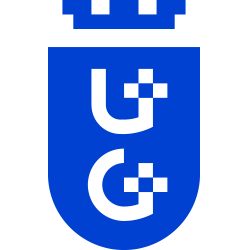
ul. Bażyńskiego 1a 80-952 Gdańsk
Polska
ISNI ID: 0000 0001 2370 4076
GRID ID: grid.8585.0
Konrad Knoch
Zeszyty Prasoznawcze, Tom 60, Numer 1 (229), 2017, s. 119-136
https://doi.org/10.4467/22996362PZ.17.010.6776Konrad Knoch
Media Biznes Kultura, Numer 2 (3) 2017, 2017, s. 167-169
Konrad Knoch
Zarządzanie Mediami, Tom 4, Numer 4, 2016, s. 267-277
https://doi.org/10.4467/23540214ZM.16.015.6529Using Facebook to work with students – case study
The author describes several years of experience in teaching student groups and describes the role that Facebook can play when working with students. He highlights its importance in communication and mobile education. In the conclusion the author points out that the most important function of Facebook is to inform the academic community about the organization activities, current events and integrate the group when one is its supervisor. The educational functions of Facebook only complement traditional classes and works hops held in lecture halls.
Konrad Knoch
Media Biznes Kultura, Numer 2 (3) 2017, 2017, s. 57-70
https://doi.org/10.4467/25442554.MBK.17.018.8310Konrad Knoch
Media Biznes Kultura, Numer 1 (4) 2018, 2018, s. 97-109
https://doi.org/10.4467/25442554.MBK.18.008.9287Konrad Knoch
Media Biznes Kultura, Numer 2 (5) 2018, 2018, s. 81-97
https://doi.org/10.4467/25442554.MBK.18.017.9296